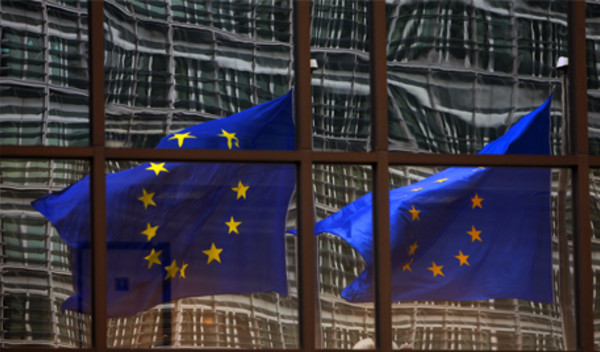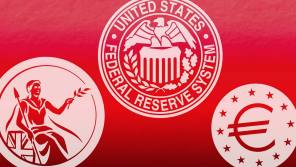

Twenty-five years after the signing of the Maastricht treaty, the European political landscape is more fragmented and polarised than ever, in a year when key member states are facing general elections. Consider the lie of the land:
Germany
The rise of the Eurosceptic, anti-immigration Alternative für Deutschland has lost momentum, because although the odds currently still favour Angela Merkel to succeed, history might be on Martin Schulz’s side. On 12 February, Frank-Walter Steinmeier (of the SPD) was elected as the new president. Though the presidential post is largely ceremonial, in the post-war period the result of that vote has been a surprisingly good bellwether for the future direction of German politics.
France
Although the consensus is that a victory for Marine Le Pen is unlikely, the current fragmentation of the French political landscape means the probability is certainly not zero and could increase substantially under several plausible scenarios. If Marine Le Pen and Emmanuel Macron come out as winners of the first round – as the polls currently suggest – or if Francois Fillon manages to beat Emmanuel Macron, the National Front has, in theory, only a small chance of winning in the second round. The French presidential elections are far from a done deal, and the uncertainties have increased recently. In this context, a Eurosceptic victory cannot be totally ruled out, although the probability remains low. The risk is sufficient to warrant vigilance, as a further deterioration in Franco-German relations – let alone a French exit from the European Union – would have dramatic implications for Europe and for global financial markets.
Netherlands
On 15 March, legislative elections will be held in the Netherlands to select the 150 members of the lower chamber of Parliament and, consequently, the prime minister. If the polls prove to be correct, the PVV will win the elections. Since the Netherlands is a parliamentary monarchy, the king will have to mandate the winner to form a government. Commentators therefore anticipate the formation of a government without the PVV that will keep the Netherlands anchored within the eurozone.
Investments
In a quieter political climate, investors would be seeing many good reasons to invest in eurozone equities, which stand to benefit disproportionately from higher global inflation and faster growth. The eurozone economy has just recorded its 15th consecutive quarter of positive growth, while the unemployment rate has dropped to its lowest level since 2009, inflation is rebounding healthily and the manufacturing purchasing managers’ index reached its highest level in more than five years at the start of 2017.
The response of eurozone consumers to higher inflation will need careful watching, but in general we would expect these positive economic trends to drive a continued recovery in eurozone corporate earnings, which have many years of weak performance to make up for.
Despite the economy being on a firmer footing, however, the political landscape gives more reason for concern. While we do not currently anticipate the election of a populist administration in this year’s ballots, worries among market participants may well build throughout the first half of this year.
The outlook for government bonds is also mixed. Concerns about future policy have already driven the gap in yield between French government bonds and their German counterparts to a multi-year high, and this trend is likely to continue until a new government takes shape in France.
Investors looking to capitalise on the economic revival, while avoiding both the potential equity volatility and the increases in some government bond yields, may choose to consider the European investment grade and corporate bond markets for their regional exposure.
Nandini Ramakrishnan is a global market strategist of JP Morgan Asset Management



.png)
